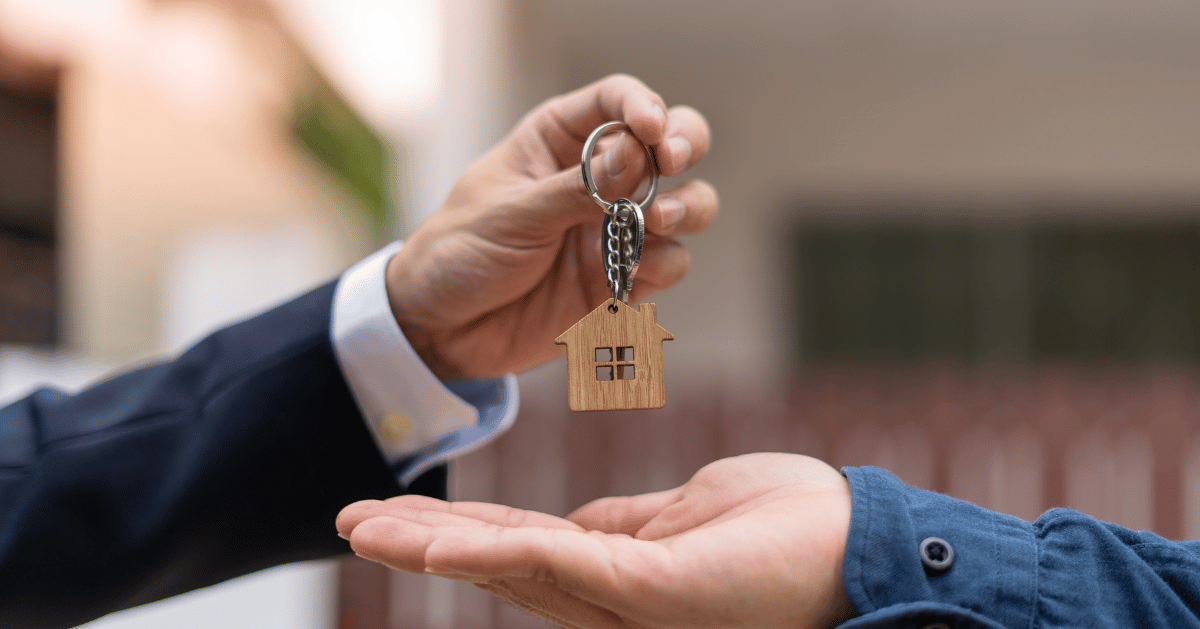Home staging business is on the rise for several compelling reasons. Staged homes often command higher prices and sell more quickly, captivating online viewers with attractive photos. These homes convey a universally appealing narrative by neutralizing personal touches, emphasizing their best features, and downplaying less desirable ones.
The current trend of real estate TV shows has conditioned many potential buyers to expect a polished appearance when house hunting. For those considering venturing into the staging business, it’s possible even on a tight budget.
In this blog, we’ll explore starting a staging business without any investment, the essentials needed to kickstart the business, and any necessary legal considerations. Let’s embark on this journey.”
What Exactly Is a Home Staging Business?
Home staging is the process of preparing and decorating a property to appeal to potential buyers. Such as Liability in business, this often involves decluttering to make the space appear larger and more inviting, deep cleaning, conducting minor repairs, updating décor to a more modern look, and strategically arranging furniture to highlight the home’s best features. Exteriors aren’t ignored; improvements for curb appeal might include landscaping or painting.
Often, stagers work with homeowners and real estate agents, offering various pricing based on the services required, which might even involve renting contemporary furniture or décor to enhance the home’s appeal.
Why Is Home Staging Beneficial for Both Sellers and Buyers?

Staging a home is getting a private house ready for the real estate market. Staging aims to make a home appealing to the most potential buyers, thereby selling a property more swiftly and for more money. Here are the benefits of home staging for both sellers and buyers:
For Sellers
- Higher Sale Price: Homes that are staged often sell for a higher price than those not because they’re perceived as worth more.
- Faster Sale: A well-staged home can help a property sell faster. When potential buyers see an appealing home and are ready to move in, it can motivate them to make an offer more quickly.
- Photographs Better: Staged homes tend to photograph better, which is vital in the digital age, where online listings and photos are the first impressions buyers get.
- Emotional Connection: Staging can help create an environment where buyers can emotionally connect and visualize themselves living in the home.
- Highlighting the Home’s Best Features: Stagers know how to draw attention to the home’s best features and downplay any flaws.
- Neutralizing the Space: Staging often involves balancing a space to appeal to a broad audience, making it easier for a diverse group of potential buyers to connect with the home.
- Decreases Negotiation Leverage for Buyers: A well-maintained staged home can give buyers less room to argue that the home needs extensive repairs or updates.
For Buyers
- Easier Visualization: Buyers often struggle to visualize an empty space or see past clutter and personalized decor. Staged homes provide a canvas that suggests possibilities and helps them visualize themselves in the space.
- Perceived Value: Staged homes often feel move-in ready, giving buyers the impression that they’re getting a well-maintained property and worth the asking price.
- Emotional Connection: As with sellers, buyers benefit from the emotional connection that staging can foster. This connection can make a house feel more like a home.
- Less Time and Energy on Renovations: If a home looks up-to-date and well-maintained thanks to staging, buyers might believe they’ll spend less time and money on updates after purchasing.
- Better Online Experience: As most home searches begin online, staged homes provide a better online shopping experience due to enhanced photography, enabling buyers to shortlist properties more effectively.
- Confidence in Decision: A staged home can give buyers confidence that they’re making a sound investment decision.
In essence, while home staging requires an investment, it offers returns that benefit sellers and buyers in real estate transactions.
Can Businesses Truly Flourish Without an Initial Large Investment?

Yes, businesses can indeed flourish without an initial significant investment. The notion that all successful companies require a significant amount of upfront capital must be clarified. The viability of starting with minimal investment often depends on the nature of the business, the market demand, business acumen, strategy, and a bit of luck.
Here are several reasons and examples supporting the idea:
- Service-based Businesses: Many service-based businesses require minimal upfront costs. Examples include consultancy, content writing, graphic design, personal training, and more. The primary requirement is often just a computer and relevant software.
- Lean Startup Model: Popularized by Eric Ries, this approach promotes building a minimum viable product (MVP), gathering feedback, and then iterating. This method reduces the need for significant investments upfront because the business only makes what’s necessary and validated.
- Digital Products: Businesses that create and sell digital products, like e-books, online courses, software, and apps, can often start with low costs. Initial versions can be developed inexpensively and refined over time based on user feedback.
- Dropshipping: E-commerce models like dropshipping allow business owners to sell products without ever holding inventory. The initial investment can be pretty low, with primary costs for setting up a website and marketing.
- Crowdfunding: Platforms like Kickstarter or Indiegogo allow businesses to validate their product ideas and get pre-orders before producing the product. This can reduce the need for significant upfront investment.
- Bootstrapping: Many successful businesses have started by reinvesting profits to grow organically, avoiding external funding.
- Pre-sales: If you have a compelling product or service, you can secure orders before it’s fully available. This strategy can provide the necessary capital to get started.
- Freemium Models: Especially in the software industry, businesses can offer essential services for free and premium features for a fee. This approach allows companies to gather a user base and monetize later.
- Remote Work: With the increasing acceptance of remote work, businesses can save on physical office space and overhead expenses.
Examples:
Before being acquired by Facebook for $19 billion, WhatsApp had fewer than 60 employees and was known for its lean operations.
As a side project, MailChimp grew into one of the leading email marketing services by bootstrapping rather than taking significant venture capital.
Many small businesses that have become local institutions started without significant capital, using grit, determination, and a focus on customer service.
Conclusion
Home staging business has proven invaluable in the real estate industry, benefiting sellers and buyers through strategic property enhancement. With today’s technology and business models, launching a staging business without an enormous upfront investment is feasible and has been demonstrated by various successful enterprises in other sectors.
By leveraging resources wisely, embracing lean methodologies, and capitalizing on the current demand for staged homes, aspiring entrepreneurs can carve a profitable niche in the home staging sector, regardless of their initial financial constraints.




